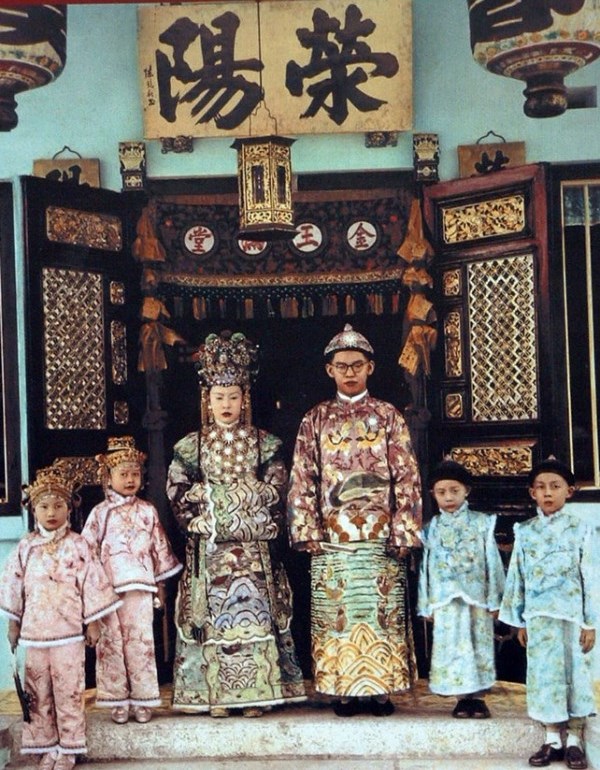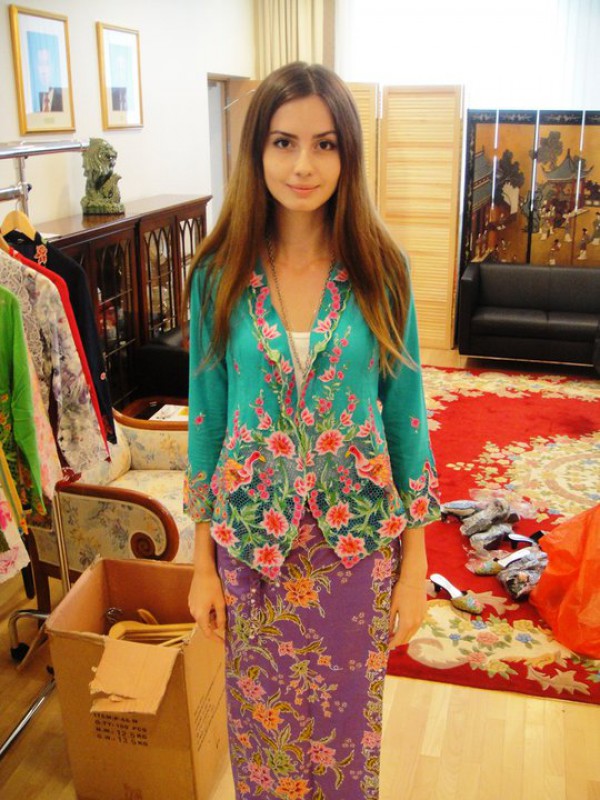Wedding portrait of a Peranakan family
The Peranakans, are a fascinating blend of cultures from the region, a culture that is #UniquelySingapore. The term Peranakan refers to people descended from marriages between Chinese or Indian men and local Malay or Indonesian women who can be found throughout Southeast Asia.
The Peranakan Chinese, or Straits Chinese, in Singapore can trace their origins to 15th-century Malacca, where their ancestors were Chinese traders who married local Malay women.
There are also Chitty Melaka, or Peranakan Indians, descendants of marriages between South Indian Hindu merchants and local women, and Jawi Peranakans, who trace their ancestry to intermarriage between South Indian-Muslim traders and women of the local community in Singapore.
Many of the early Peranakans were traders and shopkeepers, while others were involved in the real estate, shipping and banking sectors.
While many of the Straits Chinese have assimilated into the broader Chinese community, they still retain distinctive cultural traits – most notably in their food and traditional dress.
Nonya food, named after the ladies who cook it, features strong Malay and Indonesian influences with its uses of spices and coconut milk.
The Peranakan traditional dress for women known as the Nonya Kebaya features beautifully embroidered details.
(Photo: Kim Choo Kueh Chang)
At formal events, Peranakan women are also likely to be seen in their traditional dress known as the Nonya Kebaya, which is influenced by the Malay Sarong Kebaya.
This intricate outfit features a sheer fabric blouse that is often decorated with embroidered motifs such as roses, orchids or butterflies.


